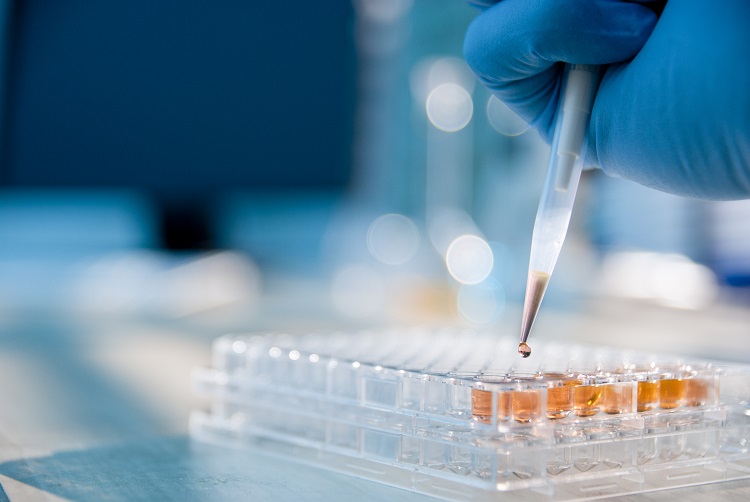Is Italy's new law on rare diseases a starting or end point?
Published on 28th February 2022
Pharmaceutical companies will need to take note of new rules that include funding for research and tax incentives
After a discussion lasting more than three years in the halls of the Italian Parliament, the first Italian law on rare diseases was approved and came into force on 12 December 2021 (Law 10.11.2021 no. 175 - "Provisions for the treatment of rare diseases and for the support of research and production of orphan drugs").
The law can be considered as a consolidated act on rare diseases – these, until its entry into force, had been regulated through various ministerial decrees – containing measures aimed at standardising national health services in the supply of services and medicines, updating the LEAs (essential levels of assistance) and the list of rare diseases, strengthening the National Network for Rare Diseases, and regulating actions dedicated to supporting research on rare diseases and orphan drugs.

Good intentions
The law is full of good intentions, but it will only be fully implemented with the adoption of numerous implementing measures (decrees, regulations and agreements between the state and the regions, to be adopted by 12 June 2022 at the latest). Although there is hope that these measures will be issued by the competent bodies within the deadlines provided by the law, Italy will now have to wait until at least the end of 2022 before making its first assessments on the real scope of the new legislation.
In addition to confirming and reinforcing existing provisions, the law has introduced several new provisions. Among the most relevant and of particular interest to pharmaceutical companies were provisions for the funding for research and tax incentives.
Funding for research
From 2022, the contribution by pharmaceutical companies to the national fund for orphan drugs will increase, with the payment of an additional 2% of self-certified expenses incurred in the previous year for promotional activities aimed at healthcare personnel. The payment will be due within 30 April of each year (article 11).
Tax incentives
Public and private entities that carry out or finance research on rare diseases or orphan drugs will receive a tax incentive of up to €200,000 (within the overall annual expenditure limit of €10 million) in the form of a tax credit equal to 65% of the expenses incurred by the entity for research projects. The criteria and methods for implementing the incentive will be clarified by a Regulation of the Ministry of Health (in agreement with the Ministry of Universities and Research and the Ministry of Economy and Finance ) to be issued by 12 June 2022.
In addition, further forms of support for pharmaceutical and biotechnology companies that intend to carry out studies for the discovery, registration and production of orphan drugs or highly innovative treatments will be contained in a decree of the Ministry of Universities and Research, also due for issue by 12 June 2022.





